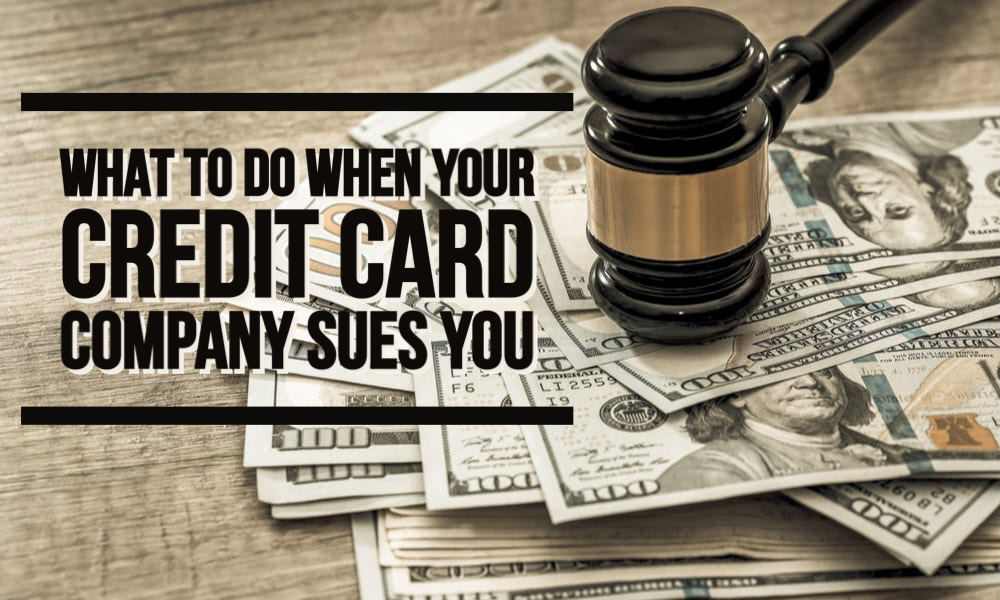Author: Mike Ross
Litigation is stressful enough on its own, but going to court with a credit card company over past debts can be terrifying. If you can not pay your credit card charges due to financial difficulties, determining how to react to a lawsuit from your financial institution might be difficult.
However, ignoring a credit card company’s lawsuit can only lead to worse difficulties later, so resolving the issue as soon as possible is essential.
Today, we will be educating you on how to react and handle a lawsuit from your credit card company.
Can a credit card company sue you?
Your credit card company can sue you. Your credit card provider may do one of three things after 180 days of missing payments:
- A credit card company can charge off the debt without filing a case, most likely because the sum is less than $8,000, and it is not worth paying additional legal expenditures.
- They have the option of selling the loan to a third-party bill collector, which may threaten to launch a lawsuit without actually doing so.
- They can launch a case to force you to pay a lump sum or set up a payment plan to pay off the obligations.
According to Consumer Protection Bureau study, 70 million Americans hold unpaid credit card bills with third-party bill collectors, and approximately 15% of those collection attempts result in litigation.
How can I avoid a lawsuit from my credit card company?
Before they sue you, you will most likely get calls, letters, emails, and notifications in an attempt to recover their money from you. If you disregard these attempts, a credit card company may sue you to recover payment.
Responding to these phone calls and notifications to set up a payment plan may help you avoid a lawsuit. Nonetheless, note that these calls are being recorded, and anything you say can be used against you.
Understand your consumer rights.
While engaging with credit card debt collectors, you have the following rights under the Fair Debt Collection Practices Act (FDCPA):
- Depending on your state, the statute of limitations on credit card debt runs from 3 to 10 years. Credit card companies can’t sue you for more than a year old debts.
- You have the opportunity to ask for more information regarding the claimed debt. You can get past credit card statements, and contracts, then compare them to what you have on file.
- If your payments are incorrect, you have the right to contest them.
- Debt collectors may contact you between 8 a.m. and 9 p.m., but you may request that they call you at a more convenient time.
Conclusion
You have choices if your credit card debt gets overwhelming and you’re having difficulty making payments. For example, a balance transfer credit card might help you combine your credit card debt into a single monthly payment.
Instead of ignoring your credit card debt, use the tactic to handle your situation; you don’t want to get sued for credit card debt because it may significantly affect your credit score, especially if you are forgiven.

